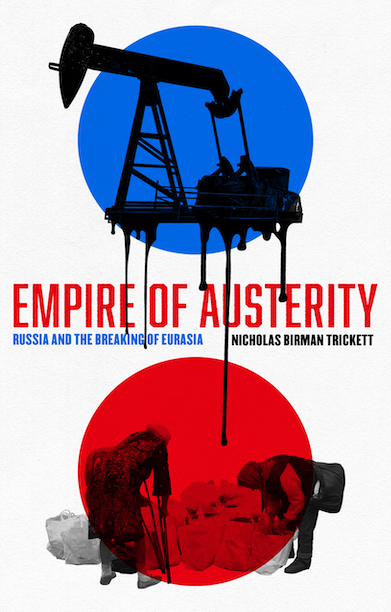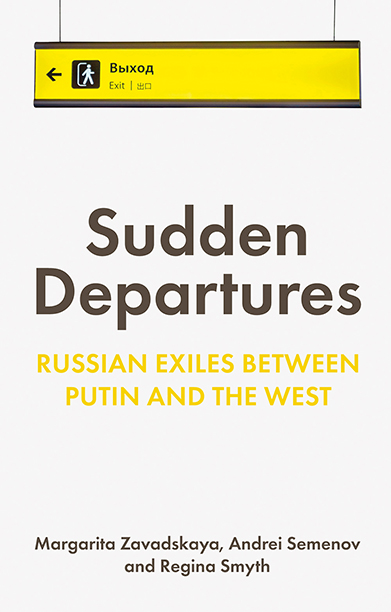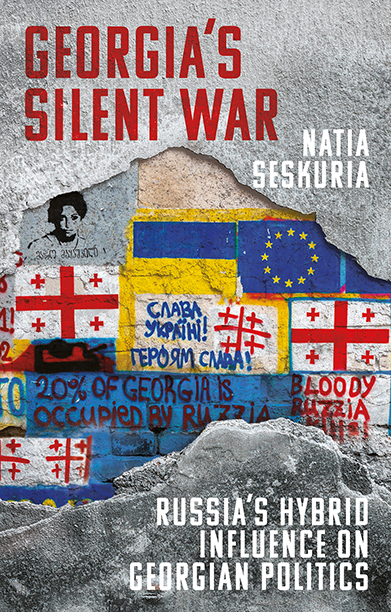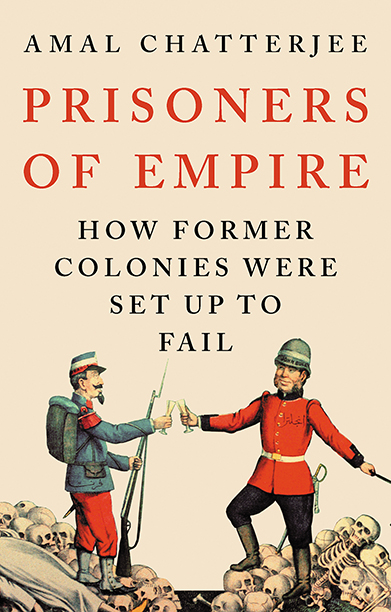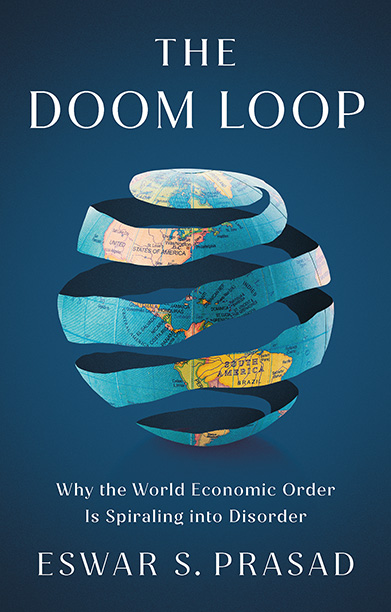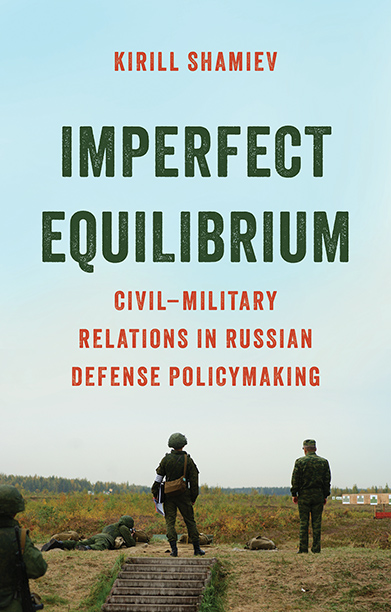Empire of Austerity
Russia and the Breaking of Eurasia
Part of the New Perspectives on Eastern Europe and Eurasia seriesHow Russia’s post-Soviet economy, engineered to stagnate, explains its conflict with Ukraine and divisions across Eurasia.
Description
‘Fortress Russia’ evokes a Kremlin standing strong against the West. But Moscow’s ceaseless quest for safety from sanctions and the international system has ineluctably destabilised its neighbours, global politics and the Russian economy. Haunted by memories of the 1990s, liberal technocrats and national chauvinists alike have built a regional economic system that is averse to debt and public investment, and which fears the emergence of an empowered and politicised middle class.
In response, Russian elites have repeatedly turned to austerity measures—refusing to borrow and spend, raising taxes, and forcing the public to bear the costs of crisis after crisis. The Russo- Ukrainian War has proven that Fortress Russia is a prison with no escape in sight.
Empire of Austerity traces how Russian economic policy precipitated the country’s slide towards an increasingly coercive authoritarianism, a hubristic challenge to the West, and all-out war with Ukraine. Decades of dependence on commodity exports, failure to invest and failure to consume enough have condemned not only the Russian Federation, but Eurasia more broadly, to stagnation and conflict. Only time will tell if Russia and its neighbours can escape the zero-sum politics of austerity in a world of rapidly evolving geopolitical, energy and climate crises.
Author(s)
Nicholas Birman Trickett is an associate director with S&P Global Commodity Insights' Investing in Energy service. Previously editor-in-chief of FPRI's BMB Russia and his own blog and newsletter OGs and OFZs, he has nearly a decade's experience following, analysing and writing on Russia's political economy and its effects across former Soviet Eurasia and further afield. He holds a BA in comparative literature from Haverford College, an MA in Russia/Eurasian regional studies from the European University in St Petersburg and an MSc in international political economy from the London School of Economics. An American by birth and Chicagoan by the grace of god, he lives in London with his wife Ella.
